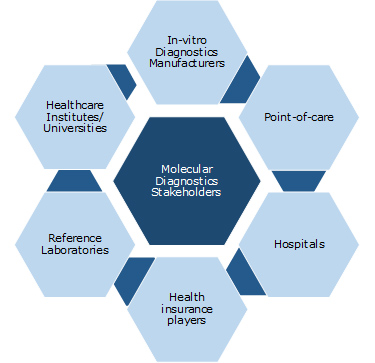

On the analysis of sequence data: testing for disease susceptibility loci using patterns of linkage disequilibrium.

Noninvasive whole-genome sequencing of a human fetus. Exome sequencing and the genetic basis of complex traits. The wide variation of definitions of genetic testing in international recommendations, guidelines and reports. This Review covers prenatal screening strategies from ultrasound scans to genome-wide molecular tests and considers the important ethical questions concerning reproductive choice, autonomy rights of future children, equity of access and the proportionality of testing. Advances in prenatal screening: the ethical dimension. Comparison of next-generation sequencing systems. A tale of three next generation sequencing platforms: comparison of Ion Torrent, Pacific Biosciences and Illumina MiSeq sequencers. Making a definitive diagnosis: successful clinical application of whole exome sequencing in a child with intractable inflammatory bowel disease. Analysis of genetic inheritance in a family quartet by whole-genome sequencing. Identification by whole-genome resequencing of gene defect responsible for severe hypercholesterolemia. Rios, J., Stein, E., Shendure, J., Hobbs, H. Exome sequencing identifies the cause of a Mendelian disorder. Exome sequencing deciphers rare diseases. Whole-genome sequencing in a patient with Charcot–Marie–Tooth neuropathy. Genetic diagnosis by whole exome capture and massively parallel DNA sequencing. Next generation massively parallel sequencing of targeted exomes to identify genetic mutations in primary ciliary dyskinesia: implications for application to clinical testing. Whole-genome sequencing for optimized patient management. Charting a course for genomic medicine from base pairs to bedside. Whole-genome sequencing: a step closer to personalized medicine. The regulatory environment must adapt to the coming volume of genomic information to maximize benefit to patients and health-care systems and to match the expectations of the patient population with regard to these technologies. Pathogenicity of genetic variants can be examined with bioinformatics prediction approaches, protein stability studies, transcriptional activity studies and allele- and/or gene-specific animal models.Īs broader genomic information becomes available to providers and patients, partnerships will develop to convey patient-centred data, including incidental findings.

The greatest challenge to clinical genomics is the reliable interpretation of the multiple and novel variants found through genome sequencing. Genetic testing must be available globally through validated simple technologies for molecular diagnostics (such as direct PCR, linkage analysis or multiplex ligation-dependent probe amplification). There remains no single test to detect the wide array of genetic defects that may be inherited or arise de novo clinical diagnostics requires multiple approaches to determine a causal genetic defect.Īlthough genome sequencing may transform diagnostic approaches in large academic medical centres, access to expensive and sophisticated tests are not universal. Whole-exome and whole-genome sequencing may become a first-line clinical test for some naive diagnostic cases, but classic genetic tests will continue to be used for the high analytical sensitivity of specific defects and for the confirmation of genome findings. Clinical molecular genetic testing is transforming personalized medicine and is appropriate for a range of applications, such as rare disease diagnostics and predictive testing for common disorders.


 0 kommentar(er)
0 kommentar(er)
